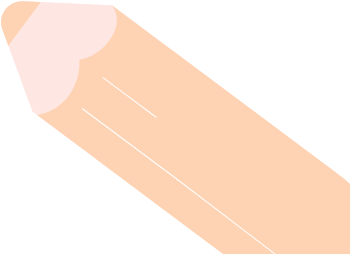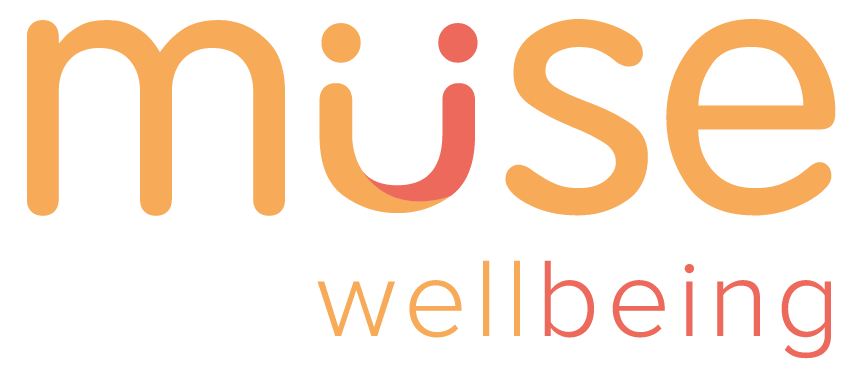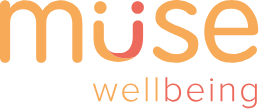What Does PSHE Stand For?

David is the Muse Wellbeing director and lead curriculum developer. His Main passions include education, surfing and travelling.

George is an international school teacher based in Asia. A passionate language learner and polyglot, he thrives in diverse classrooms.
What Does PSHE Stand For?
PSHE stands for Personal, Social, Heath and Economic education. Topics that are normally covered in these lessons include relationships, health and wellbeing, drugs and alcohol, and even financial education. Whilst core academic subjects such as English and Maths will set children up for their working lives, PSHE education gives children the knowledge to live a happy and healthy life.
Why is PSHE important?
PSHE is a crucial subject for students. When taught well, it keeps children safe, mentally and physically happy and gives them excellent preparation for adult life. It is a unique subject in the curriculum – rather than projecting information and facts that students are required to learn for exams, PSHE is education that prepares children for the opportunities, challenges, life decisions and responsibilities they’ll come across in their lifetime.
Furthermore, there is a proven link between pupils’ health and wellbeing, and their academic achievements. Developing great social and life skills not only benefit children in their personal lives, but also ensure children are effective and happy learners.
What’s the Connection Between PSHE and RSHE?
Personal, Social, Health and Economic education (PSHE) and Relationships, Sex and Health Education (RSHE) are often talked about interchangeably. Though the two subjects may have cross over points, there are clear distinctions between the two.
As of September 2020, it is a statutory requirement for schools to deliver aspects of RSHE to all children, specifically relationship and sex education. Whereas, PSHE remains a non-statutory subject, although it is widely recommended that RSHE is taught within the wider PSHE curriculum. The RSHE topics alone does not cover the breadth of curriculum that makes PSHE a truly enriching subject, thus, it should be used within the RSHE curriculum, not in replacement of it.
What is the Goal of PSHE?
The overarching goal of PSHE lessons is to equip young learners with the soft skills and knowledge needed to grow into kind, caring, compassionate, and self-appreciating citizens. Personal and Social education relate to topics surrounding self-worth and relationships with others, while Health addresses the core concepts and principles of healthy living.
Finally, Economics outlines the basic principles students need to know about money management and the like. The skills learnt in these lessons aim to help children live happy, successful lives.
What Topics Does PSHE Cover?
PSHE covers a broad range of topics, and these vary depending on the specific area of focus at the time. Some of the key topics and themes covered in PSHE classes will usually include:
- Personal: Self-value and self-worth, addressing body perceptions, and gaining new study skills that will help set them up for success in their future studies.
- Social: Understanding friendships and relationships, what types of relationships there are, the signs of good or bad relationships and friendships, and how actions impact other people’s feelings in relationships.
- Health: Depending on the learner’s year group, health covers core aspects of adopting a healthy lifestyle, from food choices, addictions as well as discussing mental health.
- Economic: Finance management and financial planning, understanding basic financial topics, and links between economic and emotional well-being
While the government does offer some guidance on what they recommend schools cover, the exact curriculum for PSHE lessons is generally down to personal choice of the school and what their cohort would benefit from. Curriculum content in Key Stages 1 and 2 are likely to focus around friendships and healthy eating, whereas Key Stage 2 and 3 will focus on topics including sexual health, mental health and addiction.
What are the Benefits of PSHE to Students?
Considering PSHE is a non-statutory subject, schools must choose if they wish to engage in this subject based on what their students can gain from the subject curriculum. A student’s experience of the PSHE curriculum will differ from student to student, based on their personal needs and the topics covered within their curriculum. Nonetheless, some key benefits of PSHE for students include:
- Helping learners develop a sense of identity and self-worth.
- Understanding how actions can make others think and feel.
- Learning about basic concepts regarding health and how to stay safe and well.
- Finding out about sexual health and activities.
Is PSHE a Compulsory Subject?
As of 2020, PSHE is a non-statutory subject, however the government recommends schools deliver a PSHE curriculum alongside their statutory RSHE curriculum. Being non-statutory, it gives teachers the flexibility and autonomy to deliver high-quality education tailored to their class’s needs without any restricting parameters.
The government recommends that schools build their PSHE curriculum content from statutory guidance for the subject, covering: drug use and addiction, financial education, sex education, and the importance of health lifestyles.
Which Students Should be Taught PSHE?
All students need to be taught PSHE in some way. However, the exact topics to be covered vary depending on the student’s age.
For Key Stage 1 and 2 students, the core focus of PSHE lessons should be on relationships education, which should address key factors such as the types of relationships and how to identify good and bad relationships. However, this isn’t the only thing that you should consider as part of primary school PSHE lessons, meaning that other topics can also be addressed. An introduction into health principles and topics such as female genital mutilation, for example, can offer a valuable opportunity to broach difficult discussions and foster a culture of openness and understanding.
For older students in Key Stages 3 and 4, tackling additional topics (namely, expanding on the principles of relationships education with a focus on sex education) will become important.
Is There a Set PSHE Curriculum?
Most modern subjects have set curriculums for schools to follow. However, this isn’t the case with PSHE, which means that many teachers face a new challenge of developing a new curriculum from the ground up.
Teachers tasked with this have two options: 1) use the government guidance to independently develop a PSHE curriculum that covers the core requirements or 2) invest in a pre-made curriculum. Creating a new curriculum from scratch can be very time consuming, and it can be a minefield to know where to start. On the other hand, pre-made curriculums provide all the learning resources teachers need to deliver effective and engaging lessons, without the hours required to plan content.
Pre-made programmes include lesson plans, worksheets, presentations, and all the learning resources needed to deliver each lesson. At Muse, we are expert PSHE educators and qualified teachers. Our PSHE curriculum is a ready-to-go solution for any teacher or school searching for an answer to high-quality PSHE education.
Final Thoughts
If you’ve been wondering about PSHE, what it stands for and why it is important, today’s guide will hopefully have helped. PSHE aims to equip learners with the skills they need to become well rounded members of society. RSE is the statutory part of this subject, however it is well recommended by governing bodies that schools invest in the wider PSHE curriculum so students can face a world full of uncertainty with hope.
Teachers delivering this subject have either the option to create the curriculum themselves from scratch, or explore a pre-made curriculum such as Muse, saving teachers hours of planning time and giving them all the key aspects they need to create confident, happy learners.
Muse Wellbeing
Subscribe for RSHE & Wellbeing Updates & Learning Resources

Copyright © 2026 Muse | All Rights Reserved.
Would you like to logout of Muse Wellbeing?


